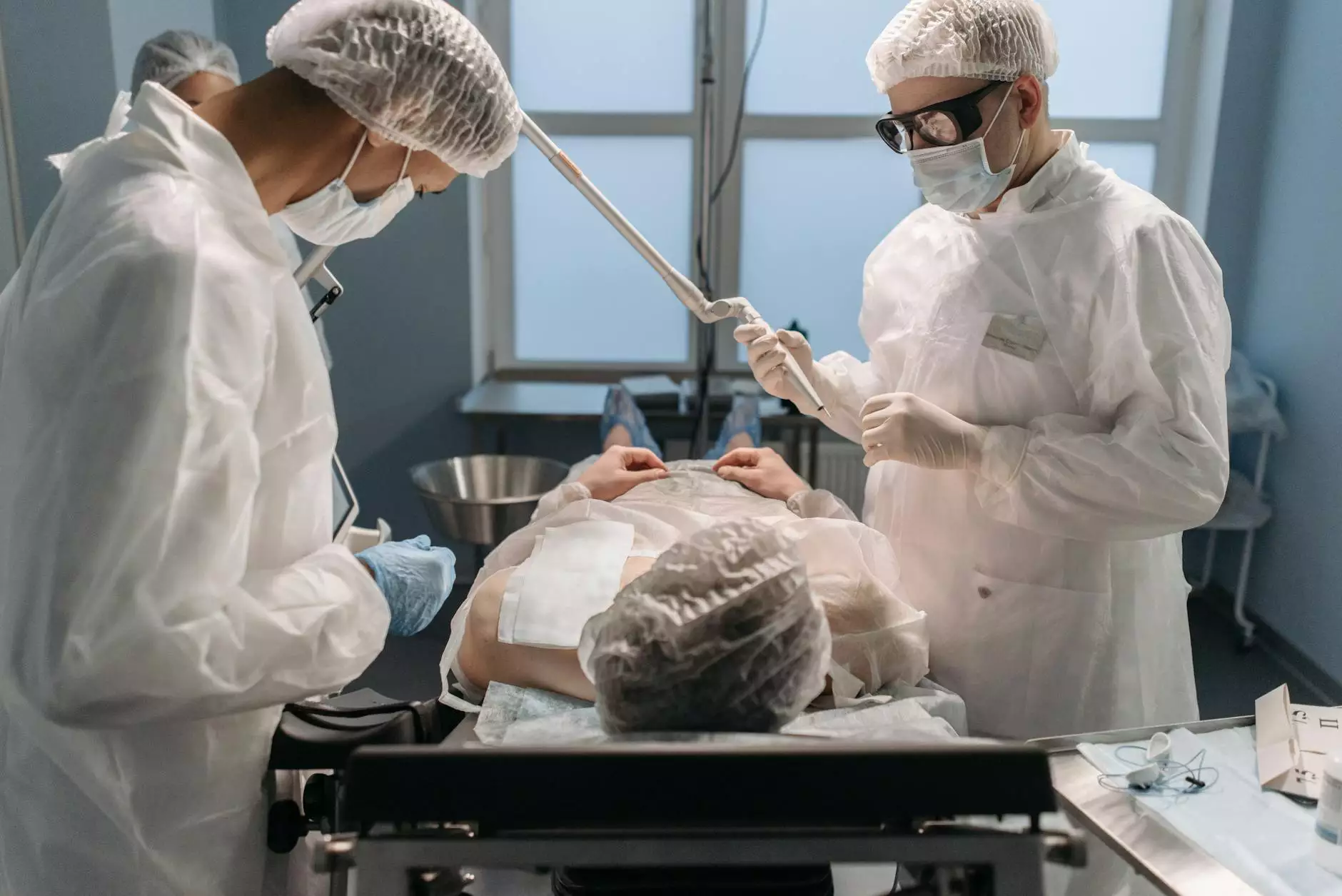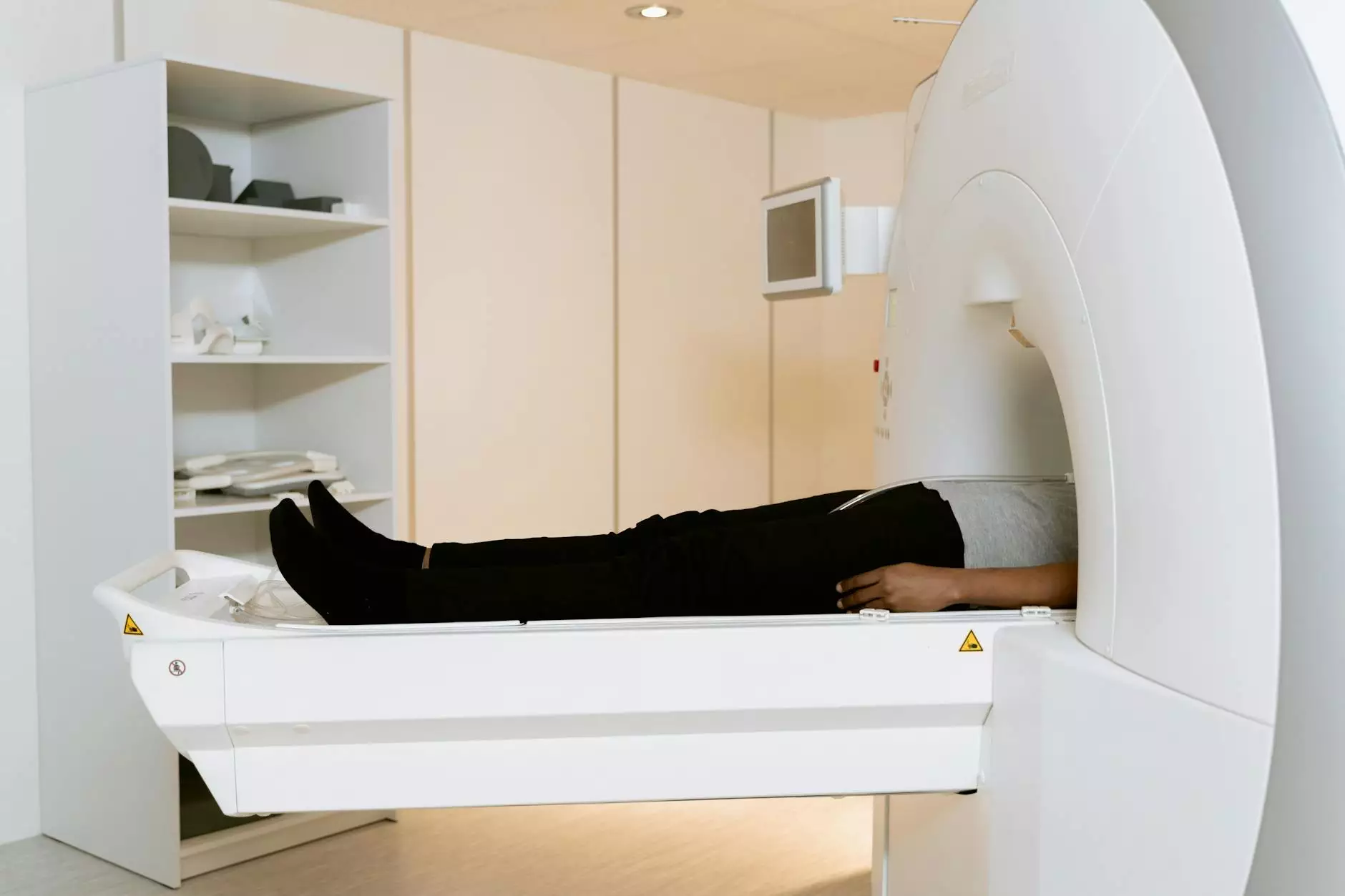The Role of a Thymectomy Surgeon: Insights into Specialty Surgery

In the evolving landscape of healthcare, the role of specialized surgeons like the thymectomy surgeon is becoming increasingly essential. As advancements in medical technologies and surgical techniques continue to grow, patients facing challenges like myasthenia gravis and other thymus-related conditions benefit significantly from the expertise provided by these specialists. This article delves deep into the field of thymectomy surgery, highlighting what it entails, its significance, and why choosing the right surgeon is crucial for optimal patient outcomes.
Understanding Thymectomy Surgery
Thymectomy is a surgical procedure that involves the removal of the thymus gland, an organ located in the upper chest that plays a key role in the immune system. This surgery is most often performed on patients with myasthenia gravis, a chronic autoimmune condition affecting neuromuscular transmission. The implications of thymectomy extend beyond just the physical act of removing the thymus; it is a complex procedure that requires a detailed understanding of the patient's anatomy and medical history.
Indications for Thymectomy
Thymectomy is indicated for several conditions, primarily:
- Myasthenia Gravis: Affecting muscle strength, this autoimmune disorder often leads to significant disability. Thymectomy can result in symptom improvement or even remission in many patients.
- Thymomas: Tumors originating from the thymus can be benign or malignant. Surgical removal is often necessary to prevent spread and alleviate symptoms.
- Myasthenic Disorders: Beyond myasthenia gravis, thymectomy is considered for patients with other myasthenic syndromes.
The Importance of Choosing the Right Thymectomy Surgeon
Choosing a thymectomy surgeon is a decision that can significantly affect the surgical outcome and overall recovery process. Here are several reasons why it matters:
Experience and Specialization
Surgeons who specialize in thymectomy possess a comprehensive understanding of the complexities involved in this procedure. They have honed their skills through years of performing these surgeries, leading to increased proficiency and better patient outcomes. At Neumark Surgery, our surgeons are not only board-certified but also continuously engage in professional development to stay updated with the latest surgical techniques and best practices.
Patient-Centered Care
A top-tier thymectomy surgeon emphasizes patient-centered care. This means they take the time to understand each patient's unique circumstances, educating them about the procedure's risks and benefits, and guiding them through the pre-operative and post-operative processes. A compassionate approach fosters trust, ensuring that patients feel comfortable and informed throughout their surgical journey.
Pre-Operative Considerations
Before undergoing a thymectomy, there are several pre-operative evaluations and preparations involved:
- Comprehensive Medical Evaluation: This involves reviewing the patient’s medical history, performing a physical examination, and conducting necessary diagnostic tests, including imaging studies to visualize the thymus.
- Anesthesia Consultation: Discussions with anesthesiologists about the type of anesthesia to be used during the procedure and any potential risks associated with it.
- Patient Education: Surgeons should provide detailed instructions to prepare for surgery, including dietary restrictions and medication adjustments.
The Surgical Procedure
The actual thymectomy procedure can vary depending on the individual case, but it generally follows these steps:
1. Anesthesia Administration
General anesthesia is administered to ensure the patient is completely unconscious and safe throughout the procedure.
2. Surgical Technique
Thymectomies can be performed through various approaches:
- Open Thymectomy: Traditional method involving a larger incision in the chest cavity.
- Minimally Invasive Thymectomy: Utilizing smaller incisions with the help of camera-assisted techniques, leading to quicker recovery times and reduced scarring.
3. Thymus Removal
The surgeon carefully removes the thymus gland along with any surrounding tissue that might be affected. If tumors are present, they are excised as well.
4. Closing the Incision
After the thymus has been removed, the surgeon will close the incisions using sutures or staples, followed by proper bandaging to aid healing.
Post-Operative Care and Recovery
Post-surgery, the care provided is just as critical as the procedure itself. Patients can expect:
- Monitoring: Close observation for any complications, such as bleeding or infection.
- Pain Management: Adequate pain relief strategies will be implemented to ensure comfort during recovery.
- Rehabilitation: Physical therapy may be recommended to help regain strength and flexibility.
Long-term Outlook
Many patients see significant improvement in their myasthenia gravis symptoms post-thymectomy, leading to a better quality of life. Regular follow-ups with the thymectomy surgeon are essential for monitoring recovery progress and managing any long-term effects or complications.
Conclusion
The role of a thymectomy surgeon is vital in managing conditions like myasthenia gravis and thymoma. Their expertise not only ensures the successful execution of complex surgeries but also provides the comprehensive care that patients need throughout their medical journey. At Neumark Surgery, we are committed to delivering exceptional surgical outcomes and unwavering support to all our patients. Whether you are seeking surgical intervention or need guidance on the best treatment options for your condition, our team is here to help you navigate through it with confidence.
Understanding the nuances of thymectomy and the importance of skilled surgical intervention can empower patients to make informed decisions about their health. If you are considering thymectomy, reach out to our skilled professionals who are dedicated to your well-being.









